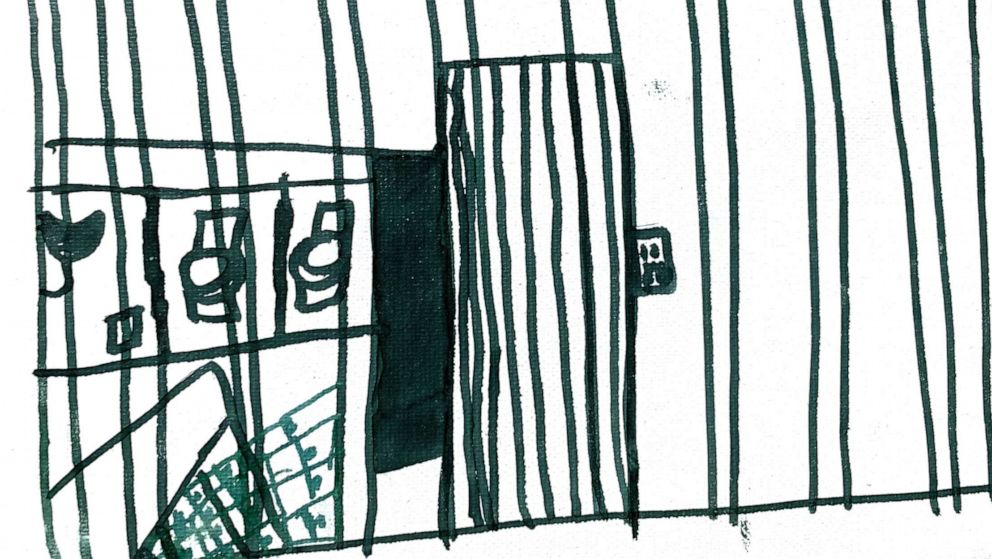3 migrant children draw alarming images of life in Border Patrol detention centers
Three children, two from Guatemala and the third, whose country of origin is unknown, that had been separated from their families, drew alarming pictures of what they witnessed in U.S. Customs and Border Patrol detention centers.
One picture displayed stick figures of children covered in foil blankets behind cages, another showed what appeared to be toilets behind cage-like bars and the last depicted five children detained in a cage with three security guards watching them.
According to the American Academy of Pediatrics, the pictures were drawn by children at the Catholic Charities Humanitarian Respite Center in McAllen, Texas.
The Respite Center is a facility where many families go after being released from CBP custody en route to their final destination. It is where many families get their first shower, clean clothes and a hot meal after arriving in the U.S.
The children were asked to detail in drawings what they observed and experienced during their time in CBP custody, AAP explained to ABC News.
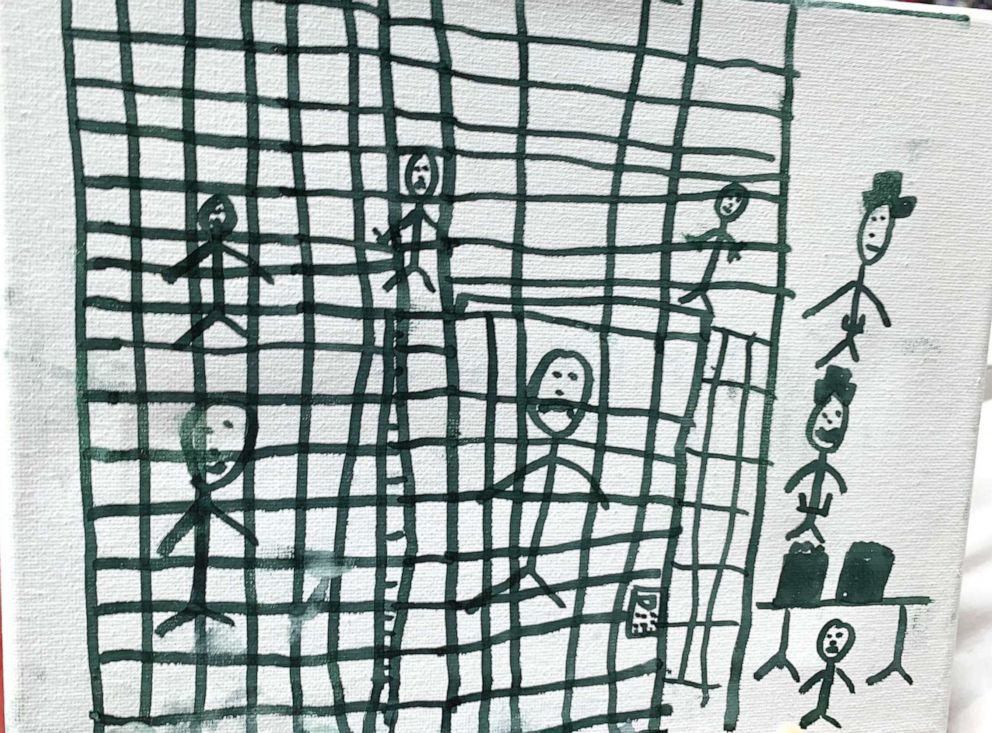
"Their faces were expressionless," Dr. Sara Goza, incoming president for the American Academy of Pediatrics, told ABC News. "Their eyes were bulging and bloodshot -- you could tell they were very tired."
The drawings were given to Goza and a staff member who visited a few CBP facilities last Wednesday. They came from a mental health clinician and social worker specializing in Latino child trauma, according to AAP.
Goza recalled the smell of urine, sweat and soiled diapers as she first walked into the Ursula detention facility in McAllen, Texas.
"I saw a sea of silver," Goza said describing the sight of children covered in foil blankets. "Some were sleeping in the middle of the morning."
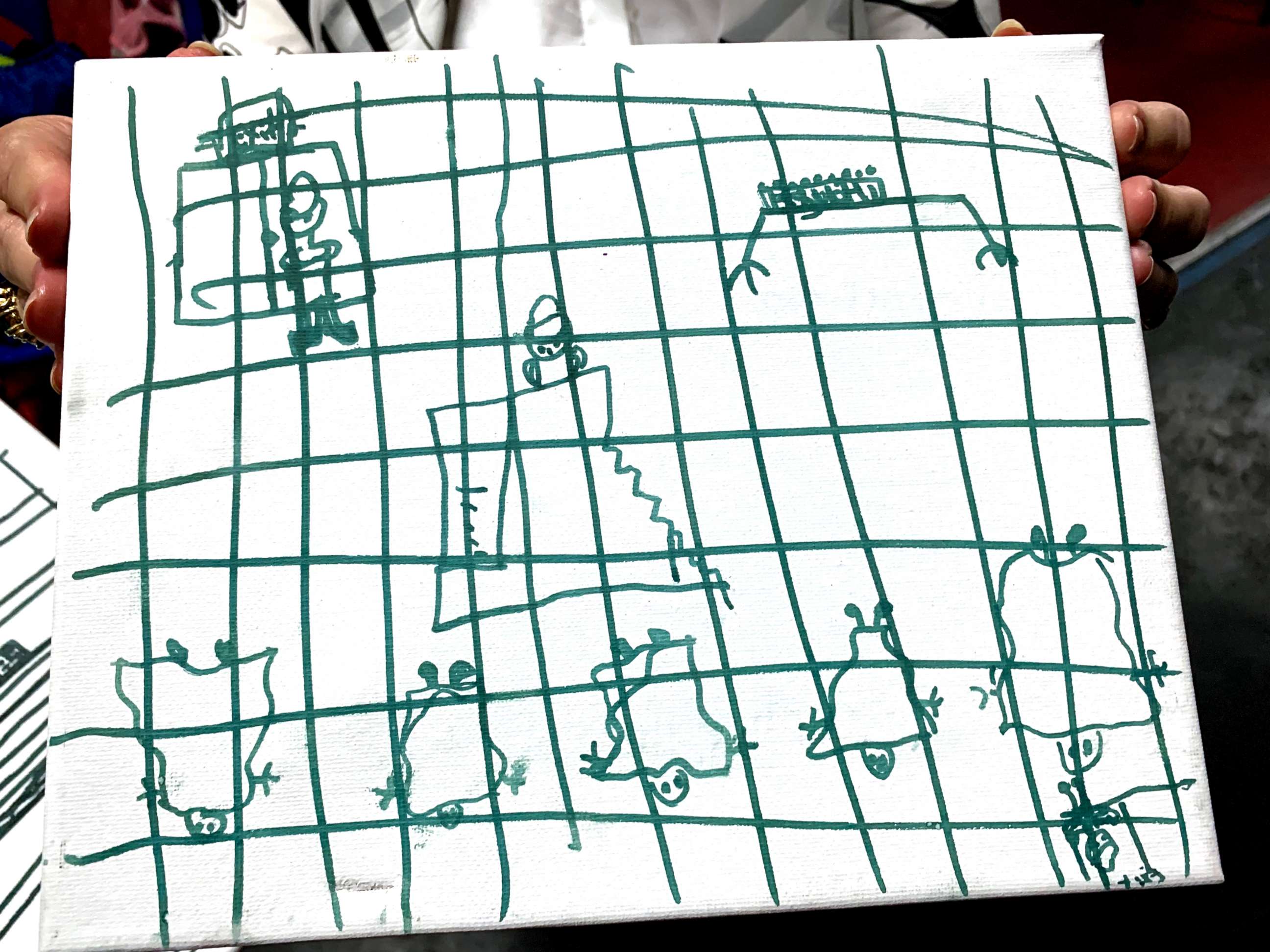
"As we were leaving, I saw two beautiful girls whose knuckles were white because they were holding one another's hands so hard because they were afraid of being separated," Goza told ABC News. "I asked if they were unaccompanied and found out they were. They were no older than 5 years old. It turns out they were sisters."
The children of all ages, many of them separated from their adult relatives, didn't say much and AAP was not allowed to speak with them or have their cellphones out.
"Some of them would wave when we waved," Goza said.
A moment that struck her the most was seeing a young boy comfort another minor who was distraught. Curious to discover what the young boy was troubled about, Goza asked a CBP officer.
The CBP officer told Goza that the young boy had just been separated from his father who had been taken to court. The boy's father had given him a piece of paper with his aunt's phone number. She lives in the U.S. and the boy was told to not lose the paper, but during his transfer into the facility, he lost it.
"Here was a little boy who didn't know if he was going to ever see his father again or be able to reach out to his aunt -- the only contact he had," Goza said.
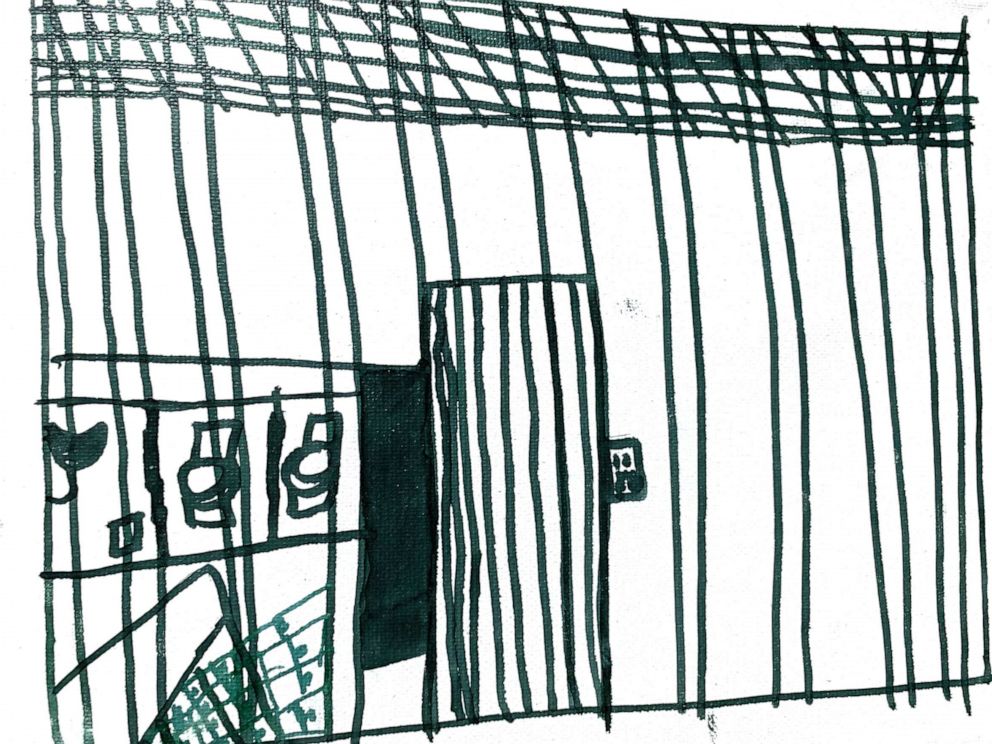
After seeing the conditions of the McAllen and Donna, Texas facilities, Goza wanted to make one message clear.
"Children do not belong in Customs and Border Protection facilities, or in any detention facilities," Goza said. "It is no place for a child."
She also believes there should be pediatricians at each detention center.
"Children aren't adults. As pediatricians, we would be able to tell if a child is sick or healthy and provide them the attention they need," Goza said. "As a pediatrician, I know that all of this is detrimental to children's health, short and long-term, and the effects can be severe."
Protesters all over the nation have been backing Goza's claims, demanding all detention facilities be closed.
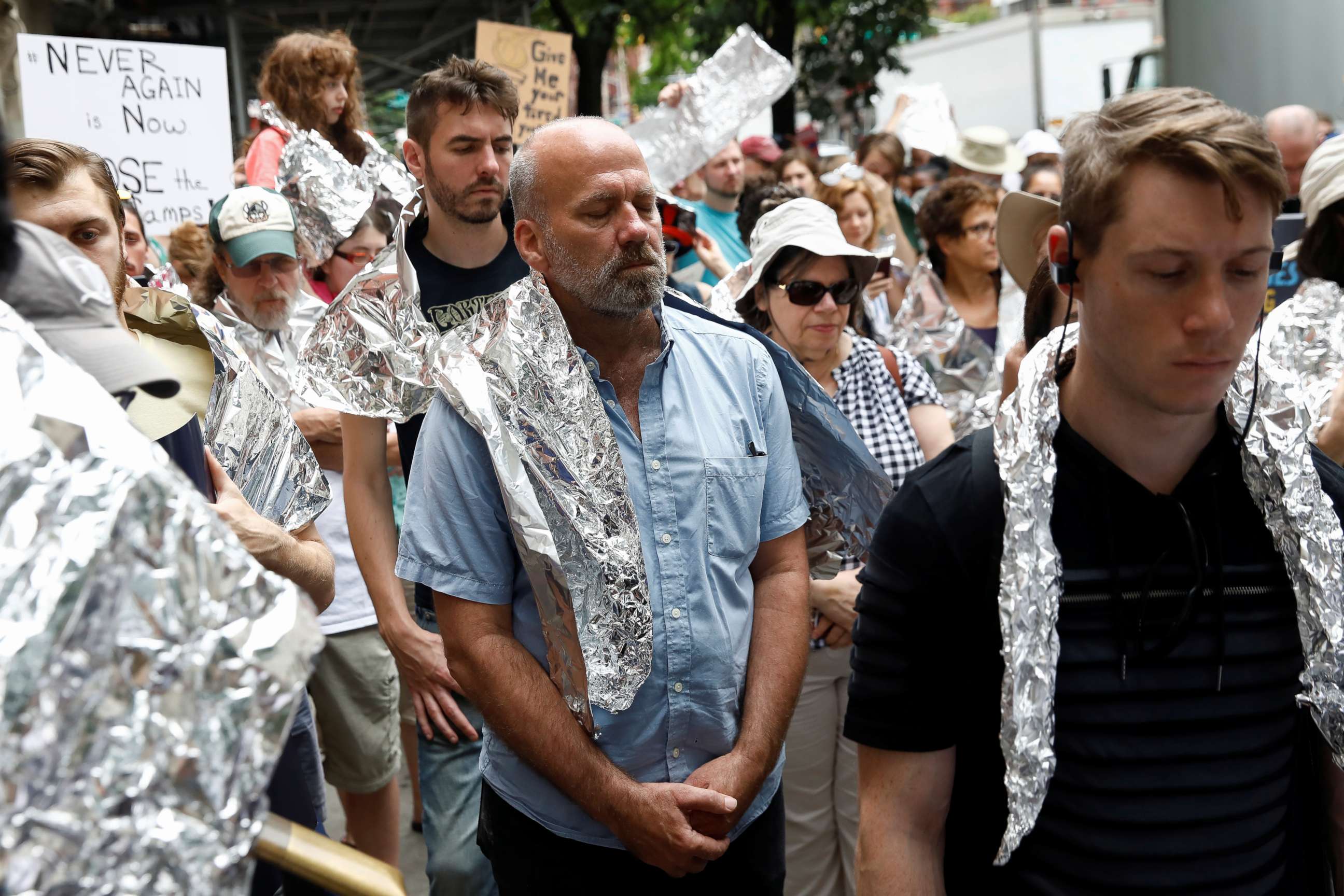
The demands come after recent accounts surfaced of children -- separated from their parents -- being denied toothbrushes, soap and lack of access to showers in migrant facilities.
On Monday, members of Congress including Rep. Alexandria Ocasio-Cortez, D-N.Y., and Rep. Ayanna Pressley, D-Mass., visited two detention facilities in El Paso and Clint, Texas, where they described people being told to drink water out of a toilet bowl.
Goza said she plans to visit more facilities in the near future.
"Children who are detained show signs of physical and emotional stress. These can include developmental delay, poor psychological adjustment, anxiety, depression, suicidal ideation and other behavioral problems."
Goza also believes this is a humanitarian crisis.
"We need do to better by these people. As Americans we are capable of doing better," she said.
ABC News' Sruthi Palaniapppan contributed to this report.
